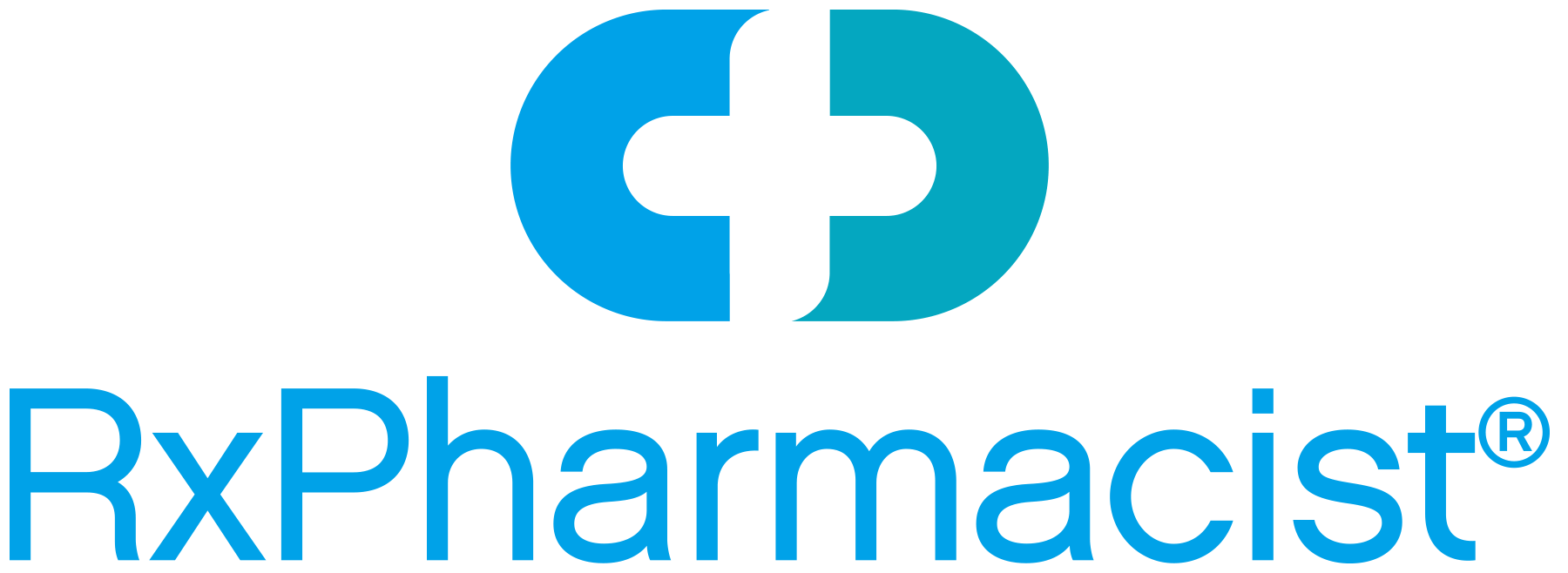Although an estimated ~90% of high blood pressure cases are likely to be classified under the term “primary” or “essential” hypertension, we still have a very poor understanding of the etiology as a whole. As such, primary hypertension is often labeled as idiopathic, which is medical terminology for no identifiable cause that we are aware of at this time. We do, however, have an inkling for several risk factors which are associated with the development of hypertension.
In this post, we will attempt to break them down using a mnemonic that helps tie everything together. Can you think of what might be a good mnemonic for this cause? If you thought stress, you would be correct. We’ve all experienced stress at some point in our lives. Imagine yourself in peak rush hour traffic, the time is now 7:45 AM and your final starts at 8:00 AM. Can you feel your heart racing? The point stands that stress can exacerbate blood pressure and we think it is an excellent way to outline the following known risk factors:
As you soak in all these risk factors and suggested lifestyle changes, remember to consider the following: hypertension tends to be a disease state where adherence to therapy can be particularly troublesome. This is understandable as hypertensive patients generally feel no different but may still be expected to take several classes of medications, follow up routinely, and tolerate various adverse effects of medications that can interfere with their overall quality of life. Therefore, hypertension is known as a silent killer and as with any disease state, a solid line of communication is vital to ensuring appropriate therapy and patient satisfaction.
References
- Hypertension. IBM Micromedex. Truven Health Analytics/IBM Watson Health; 2020. Accessed December 26, 2020. http://www.micromedexsolutions.com.
- Whelton PK, Carey RM, Aronow WS, et al. 2017 ACC/AHA/AAPA/ABC/ACPM/AGS/APhA/ASH/ASPC/NMA/PCNA Guideline for the Prevention, Detection, Evaluation, and Management of High Blood Pressure in Adults: Executive Summary: A Report of the American College of Cardiology/American Heart Association Task Force on Clinical Practice Guidelines. Hypertension. 2018;71(6):1269-1324.
